Truong Phi: The real human mystery makes posterity clear
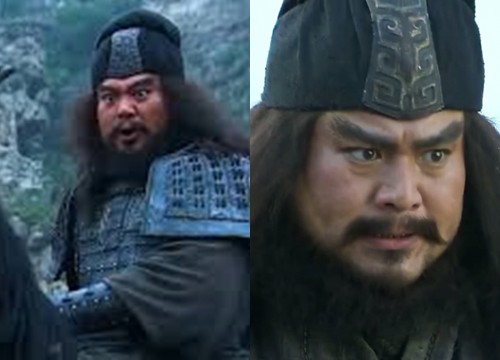
2 | 0 Discuss | Share
In China since ancient times, it was not strange for a village to have only one surname. Because the family name represents the entire family bloodline, from there one can find the origin of one's ancestors.
An example of "knowing your ancestors by hearing them" is the Chinese Sun family. The original ancestors of the Sun family were Sun Yi of the state of Wei (11th century BC-209 BC) and Sun Shu of the state of Qi (1046 BC-221 BC) during the Spring and Autumn Warring States period.
To this day, few people know that in Chinese history, there were two extremely strange surnames. Accordingly, men and women of these two families are not allowed to intermarry, however the two families have the same ancestor. This rule has been followed by people of these two families throughout thousands of years of history.
These two families are Cao and Cao. As you can guess, the ancestor of these two special families is the famous Cao Cao of the Three Kingdoms period. Cao Cao was a politician, military leader and also a famous poet at the end of the Eastern Han period in Chinese history. He was the one who laid the foundation for the strong military power in Northern China, establishing the Cao Wei government during the Three Kingdoms period.
Vietnamese people know this character through the novel by author La Quan Trung and the television adaptation of the same name "Romance of the Three Kingdoms".
Cao Cao in La Guanzhong's pen is portrayed as a ruthless leader and fearsome warrior for a long time in history.
Today, Chinese scholars have a more fair view, and Cao Cao is finally recognized as a great politician with foresight and good management ability, in addition to literary and military talents. He is also recognized as a tolerant and generous person.
Chinese scholars later reconsidered the fact that Cao Cao was "buried" by ancient people. First, Cao Cao violated the Confucian ideology of "loyalty".
In China's feudal society, the most difficult thing to deal with was the relationship between kings and gods. The argument that being the king's friend is like riding on a tiger's back, "The king wants his servant to die, but if he doesn't die he is disloyal", that is a feudal moral concept.
Facing the dangerous water situation, Cao Cao clearly felt that the prince was a dangerous character, but also an important character. Therefore, he brought the only 16-year-old young emperor, Liu Hiep (Han Hien De), to the base in Hua Xuong, using the policy of "serving the Emperor's orders to give orders". Posterity believes that this was Cao's way of "repressing the emperor, using his name to issue orders to those below".
Cao Cao's behavior threatened the politics of the Chinese feudal dynasty at that time. Therefore, from the Song Dynasty onwards, emperors in history rarely praised Cao Cao. On the contrary, Guan Yu is considered the incarnation of a loyal person, and is given the utmost respect. King Qianlong of the Qing Dynasty even appointed Guan Yu as Guan Yu and set up temples to worship him everywhere.
Second, Cao Cao also violated the Confucian ideology "The people are noble". Cao Cao has the opinion: It is better for me to betray others than for others to betray me. This viewpoint is completely contrary to Liu Bei's policy: "rather die than do injustice".
With this concept, after mistakenly killing La Ba Sa's family because he saw them sharpening their knives to kill pigs and thinking they intended to kill him, he ruthlessly killed Ba Sa for fear of being denounced.
Third, Luo Guanzhong's novel "Romance of the Three Kingdoms" and later Chinese translations all follow Liu Bei's ideology, promoting Zhuge Liang while forgetting Cao Cao's main role in preventing The situation of great chaos at the end of the Eastern Han Dynasty.
In Chinese history, Cao Cao was truly a man who claimed to dominate the four directions, unifying the northern region of the world at that time and building his own dynasty. In 213, Cao Cao founded the state of Wei, settling the capital at Yecheng (present-day Hebei, China).
Cao Cao and his two nephews in the clan, Cao Due and Cao Pi, are known as the Three Patriarchs of Wei (The three ancestors who publicly gave birth to the Wei dynasty). But the "sworn enemy" of the Cao clan appeared again, named Sima Chieu.
Sima Zhao's father was Sima Yi - a general of Cao Wei, he was considered a rival with Zhuge Liang. During the reign of Wei Ming Emperor Cao Rui, he entrusted the great general Cao Shuang and the lieutenant Sima Yi to serve Wei Shao Emperor Cao Fang (8 years old).
Later, Sima Yi won the war for power and suppressed Cao Shuang. Sima Shi (Sima Yi's eldest son) deposed Emperor Wei Shao immediately after his father's death. Then put Cao Mao (Cao Pi's nephew) on the throne. When Sima Shi became seriously ill, he gave all power to his younger brother, Sima Zhao.
Sima Zhao at this time only wanted to overthrow Cao Mao and rule the world. Cao Mao also understood that he was just a "puppet Emperor" so he silently took action before the evil people turned against him.
However, with his "puppet" status, Cao Mao did not receive support and help from any officials. In the end, Cao Mao had to die under Sima Zhao's sword. From then on, Cao Cao's descendants were always oppressed, and if they appeared, they would be immediately eliminated.
When Sima Zhao's eldest son, Sima Yan, founded the Jin Dynasty, he continued to pursue and kill all of Cao's descendants. To the point, Cao Cao's nephew Cao Lam also had to change his surname from Cao to Cao, avoiding Sima Yuan's pursuit.
At the same time, the Cao family has an extremely strict rule. That is, people with the Cao family name cannot intermarry with people with the Cao family name, because these two families have the same origin, one ancestor, Cao Cao.
If a person with the Cao family name and a person with the Cao family name get married or have an illicit relationship, or do anything against the rules, they will be kicked out of the family forever. Gradually, this regulation became an immutable principle until now.
To date, according to incomplete statistics, China has more than 10,000 people with the surname Cao, mainly distributed in Wuhu and Anqing in Anhui province, with a few in Zhejiang and Hubei.
Sima Yi has only been afraid of 3 people all her life, besides Zhuge Liang, who are the rest? 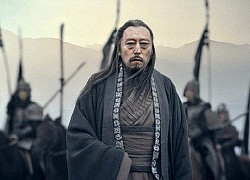 Tin08:52:08 23/04/2022Zhuge Liang is considered a rival of Sima Yi, who always makes Italy cautious. But besides Zhuge Liang, there are two other names that make Sima Yi always be wary. Who is that? Sima Yi is one of the most famous military advisors of the Three Kingdoms period in Chinese history...
Tin08:52:08 23/04/2022Zhuge Liang is considered a rival of Sima Yi, who always makes Italy cautious. But besides Zhuge Liang, there are two other names that make Sima Yi always be wary. Who is that? Sima Yi is one of the most famous military advisors of the Three Kingdoms period in Chinese history...

2 | 0 Discuss | Share
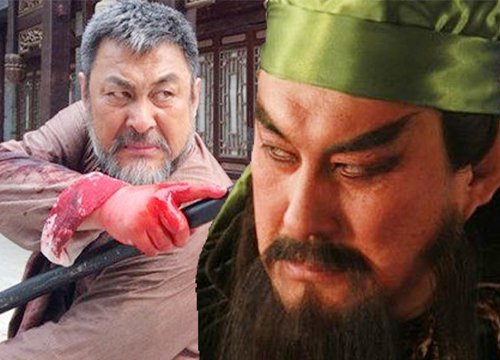
3 | 0 Discuss | Share
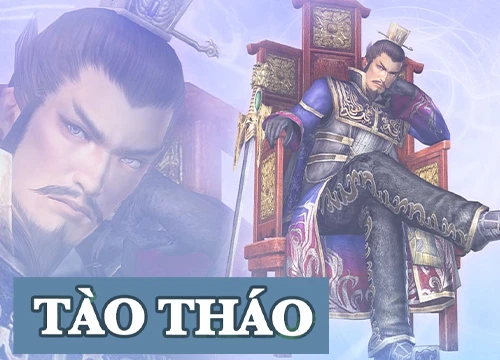
5 | 0 Discuss | Share
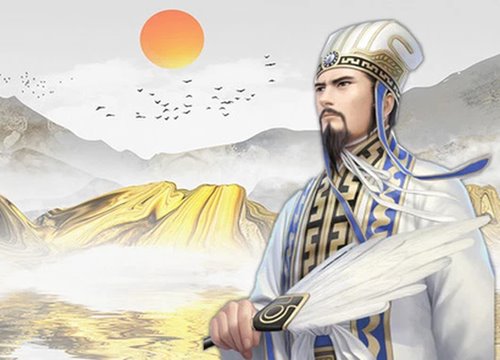
2 | 0 Discuss | Share
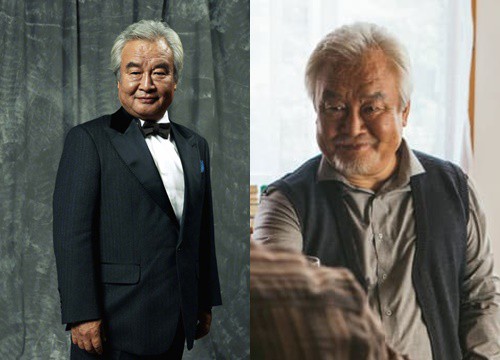
2 | 0 Discuss | Share
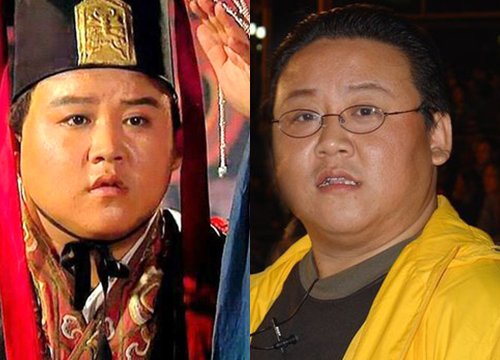
5 | 0 Discuss | Share
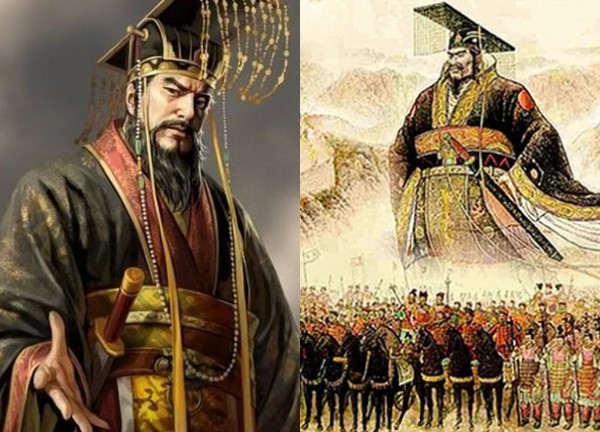
1 | 1 Discuss | Share
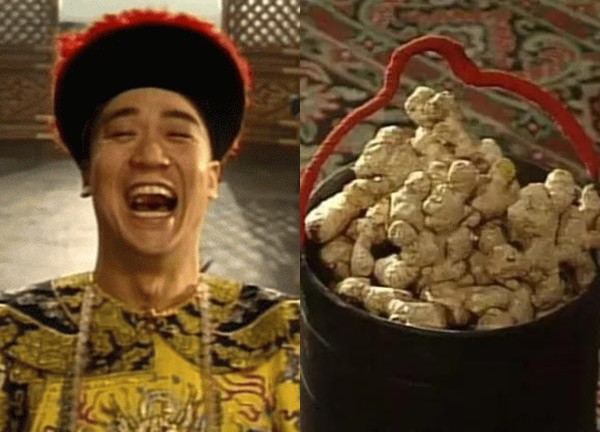
3 | 1 Discuss | Share
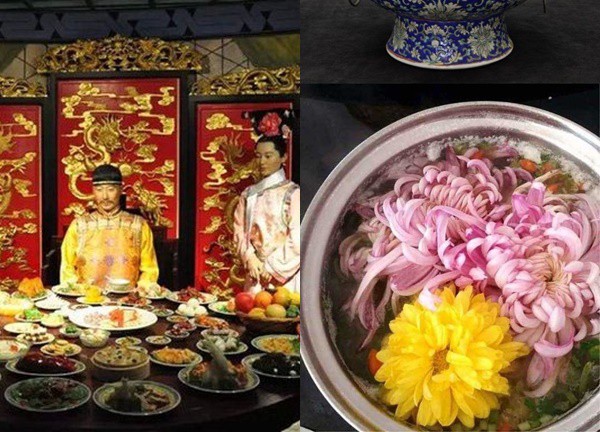
3 | 0 Discuss | Share
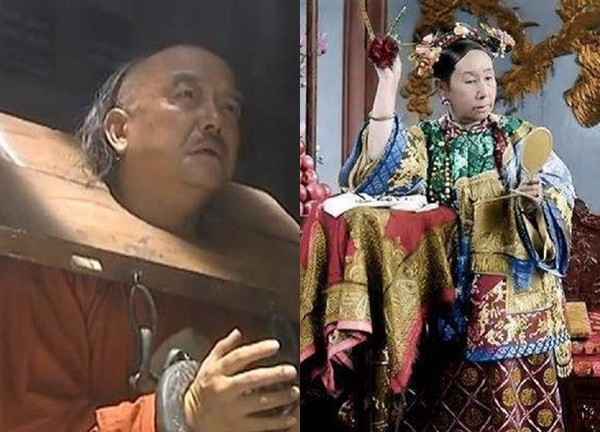
3 | 0 Discuss | Share
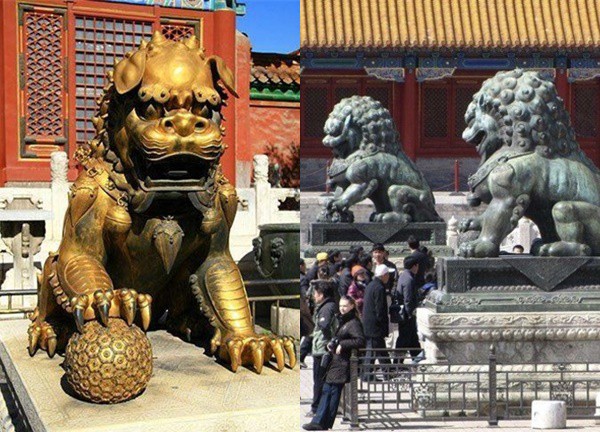
3 | 0 Discuss | Share
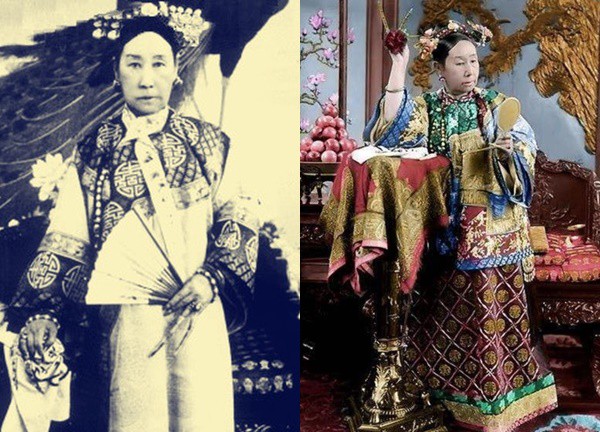
3 | 0 Discuss | Share

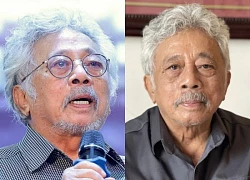




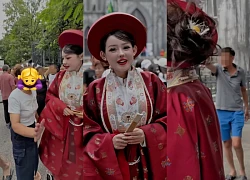
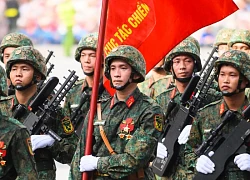
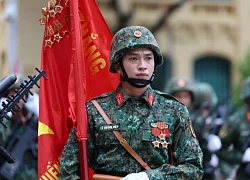

2 | 1 Discuss | Report